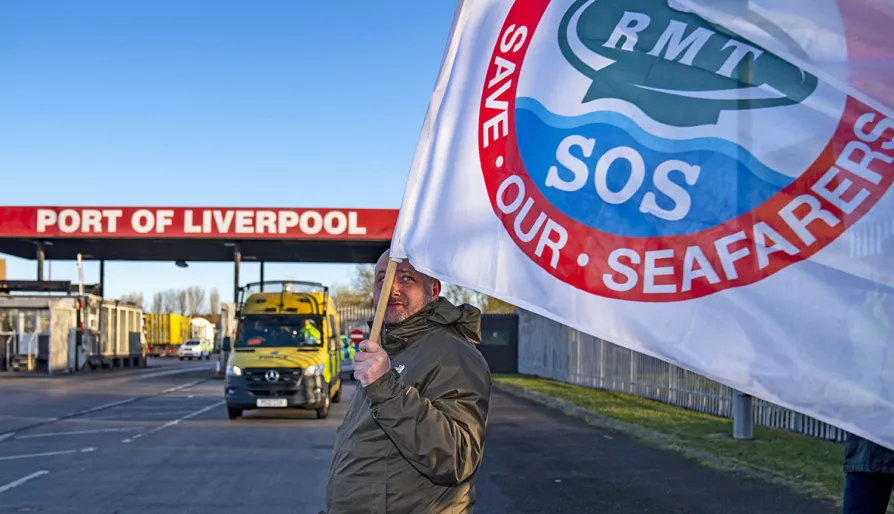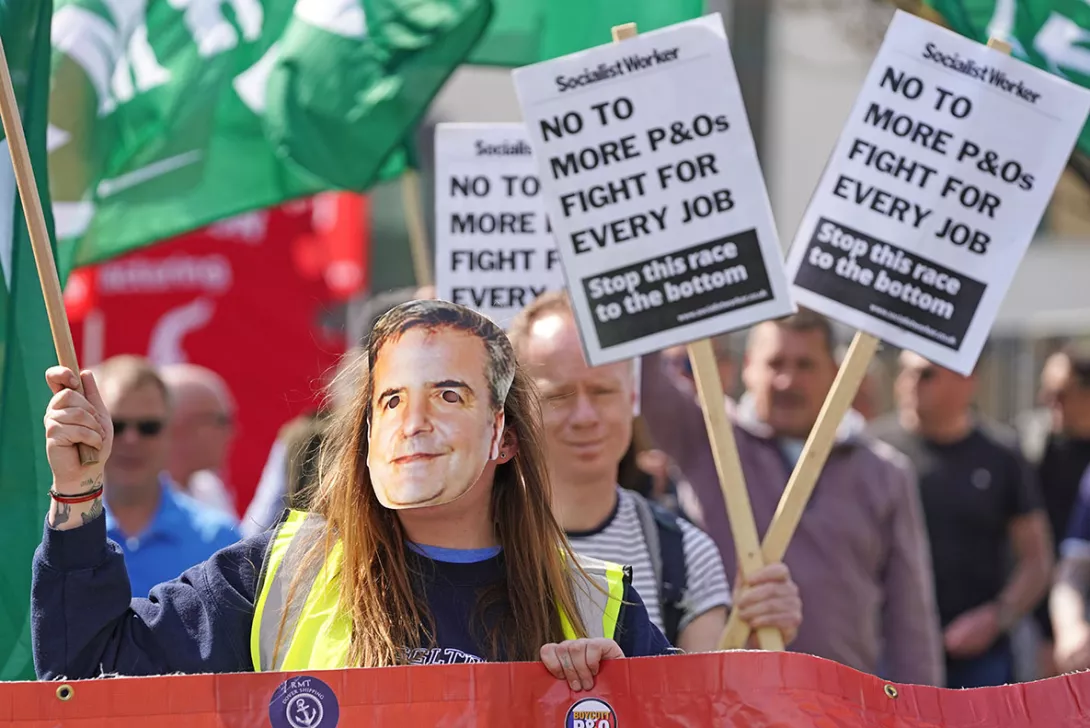The proxy war in Ukraine is heading to a denouement with the US and Russia dividing the spoils while the European powers stand bewildered by events they have been wilfully blind to, says KEVIN OVENDEN
Tackle ‘flags of convenience’ and protect domestic shipping
The lesson from the pandemic is clear: the global maritime industry must be properly regulated, warns MARK DICKINSON
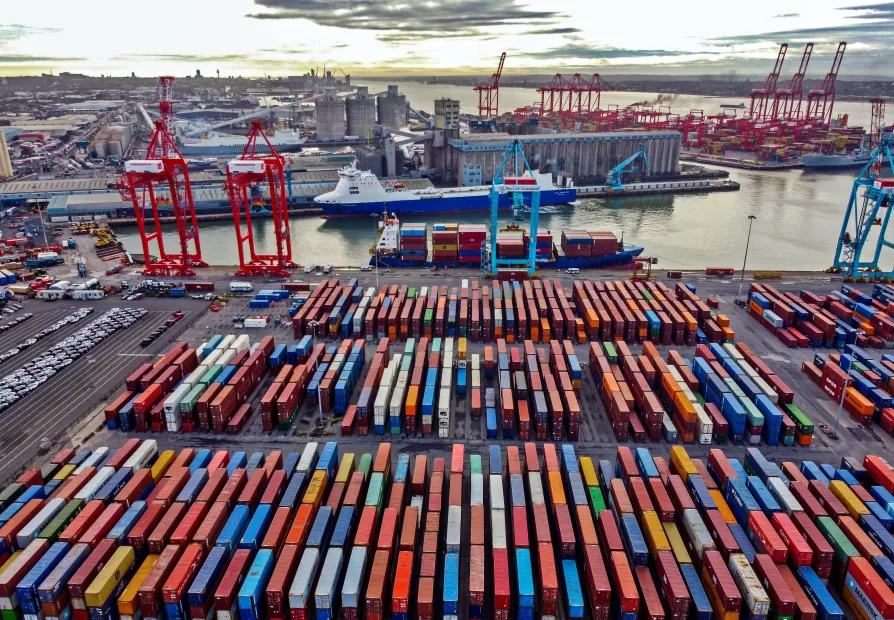
FLAGS of convenience (FOCs) are a legal aberration and a stain on the shipping industry. They provide shipowners with the means of avoiding effective control by the countries of ownership, mostly from the global North, and the enforcement of strict rules and regulations that protect seafarers.
They have become a powerful vehicle for social dumping by allowing shipowners to exploit weaker legislation and lack of enforcement meaning lower wages, longer tours of duty and hours of work, and unsafe working conditions for seafarers.
Low or no taxes are also a key motivating factor behind a shipowner’s decision to use FOCs, many of which are considered tax havens.
More from this author
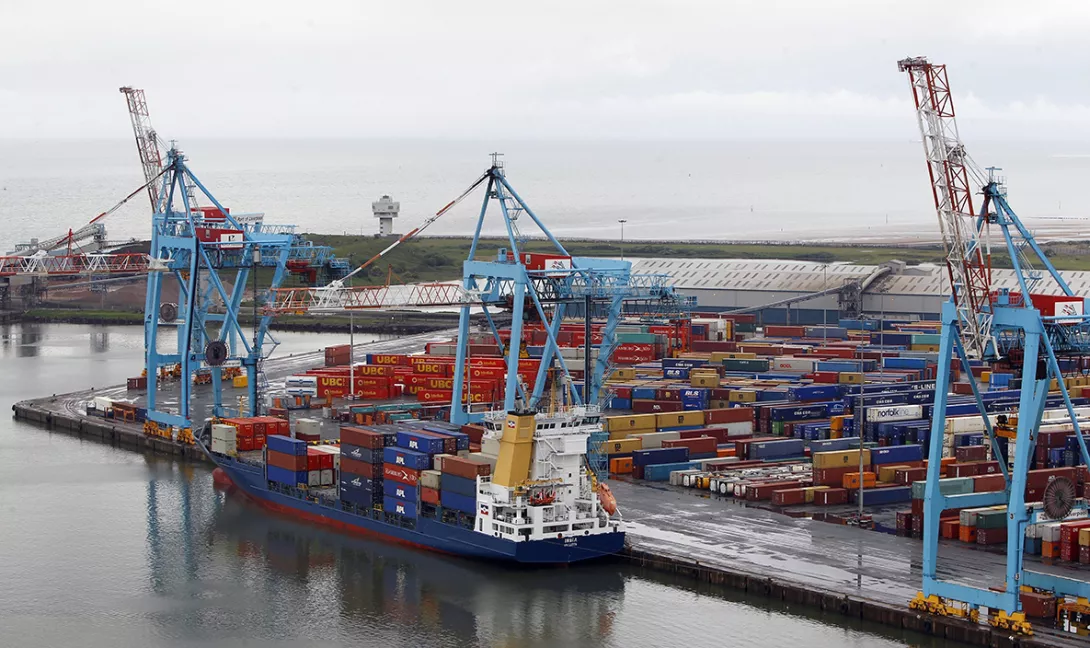
Seafaring is vital to our nation’s economy, but the industry has been allowed to diminish with a devastating impact on our port cities and coastal communities – a rejuvenation policy is urgently needed, argues MARK DICKINSON
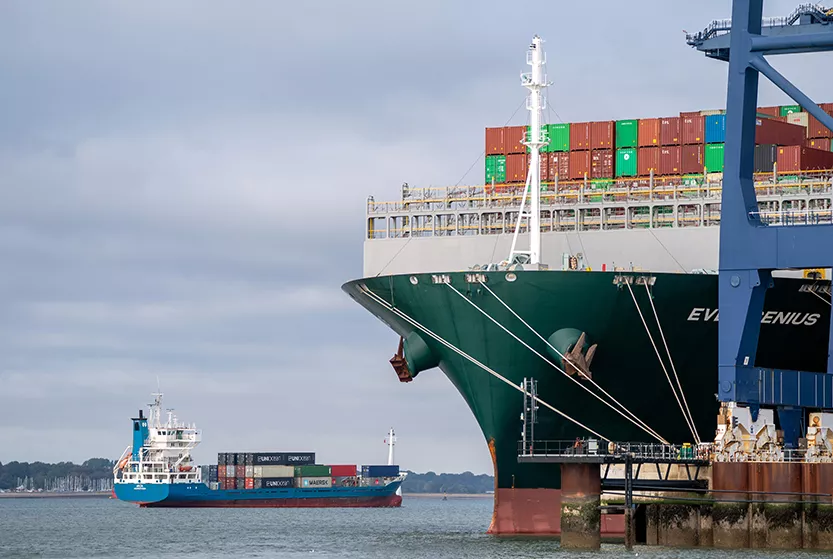
Nautilus International general secretary MARK DICKINSON calls for the rights of workers to be protected as we move to zero-emissions shipping
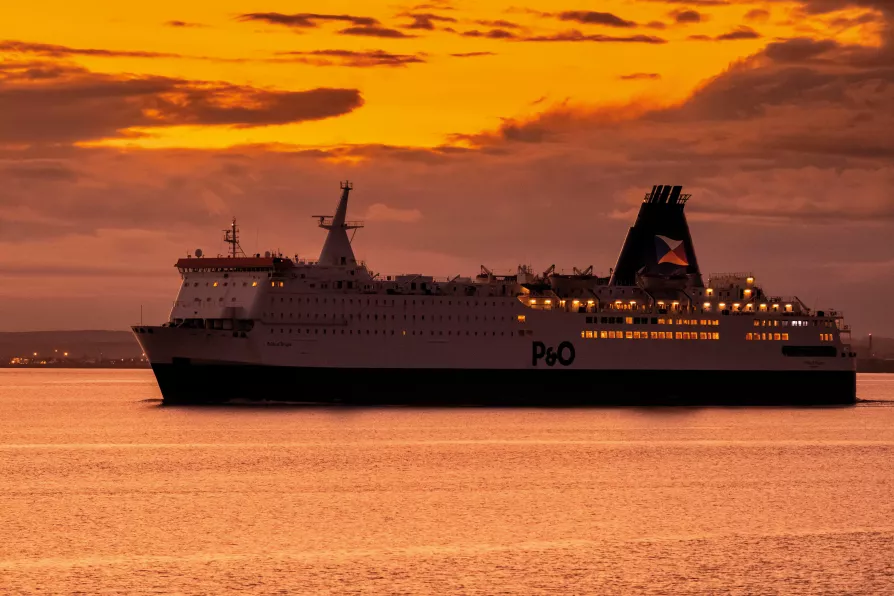
To close employment law loopholes and build a fairer ferries industry, we need new legislation that ups the legal penalties to ensure no company can buy its way out of consultation with the unions again, writes MARK DICKINSON
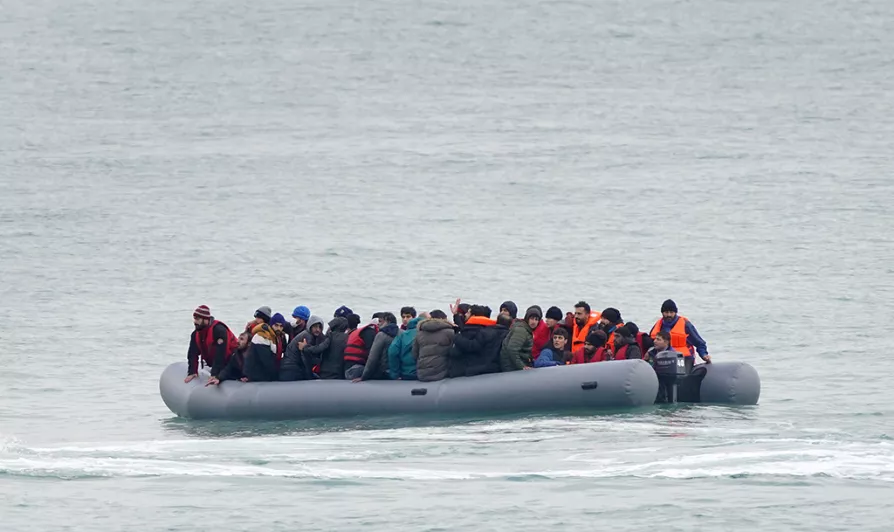
Nautilus International leader MARK DICKINSON explains how pressure from his union prevented seafarers being criminalised under the government’s Nationality and Borders Bill for assisting those in danger at sea
Similar stories

Seafaring is vital to our nation’s economy, but the industry has been allowed to diminish with a devastating impact on our port cities and coastal communities – a rejuvenation policy is urgently needed, argues MARK DICKINSON

RMT assistant general secretary EDDIE DEMPSEY says a Labour government has the opportunity to protect mariners, renew our port towns and rebuild a once proud tradition of seafaring in this country










